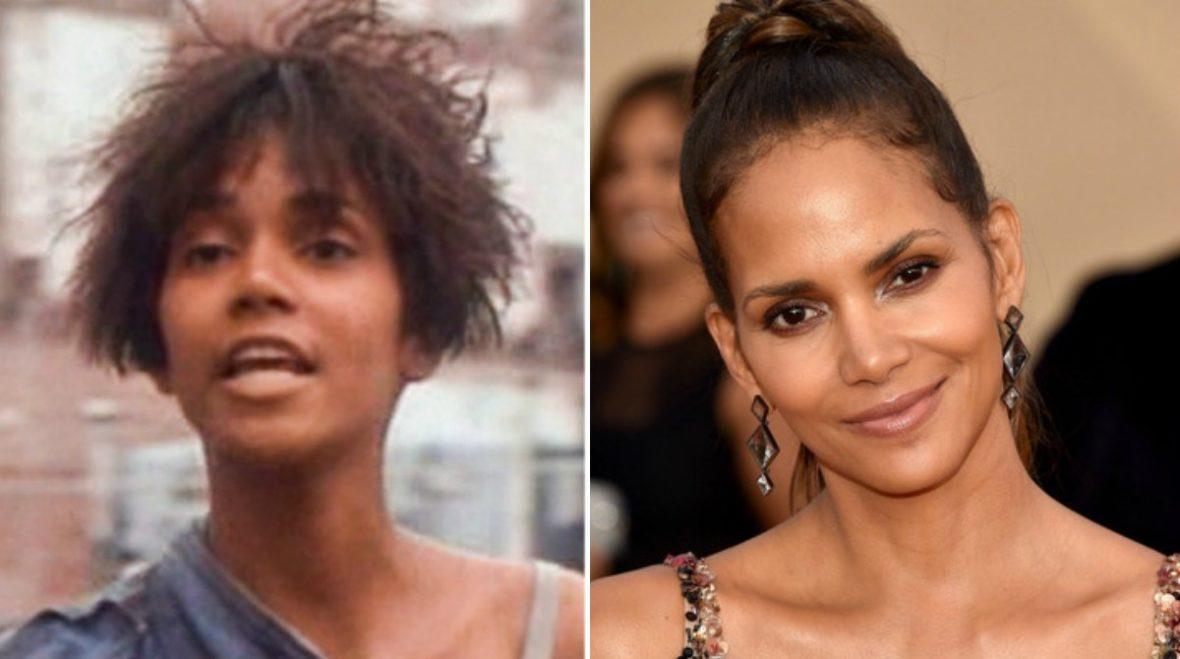
What 14 artists wish they knew at the start of their careers
Contents:
- We asked 14 accomplished artists: “What would you like to know at the beginning of your artistic career?”
- This is a marathon, not a sprint
- There is no right or wrong, no victory or defeat
- Being an artist also means being a business owner.
- TO MIX
- Minimize administrative tasks and maximize execution time
- Develop the business side of things early
- Compare yourself only to your former self
- Don't rely on money from your art... at first
- Trust your instincts and your abilities
- Do more work
- Keep walking in the face of rejection
- Commitment is everything
- Put in the clock and push hard
- Don't expect to get serious about art.
- Want to set yourself up for success right from the start? Try to manage all the details of your art business from day one.
We asked 14 accomplished artists: “What would you like to know at the beginning of your artistic career?”
Some of their tips are very practical(!), and some are broad, broad and existential, but all of them can be applied to make your creative journey flow more smoothly and a little happier.
These artists solve problems that all aspiring artists face at some point in their careers.
From finding your confidence, discipline, and voice, to understanding entrepreneurship, financial challenges, and business advice, and overcoming success, failure, and bruised egos, these artists have been through it all and are here to share what they've learned along the way. .
This is what they would say to themselves when they were young:
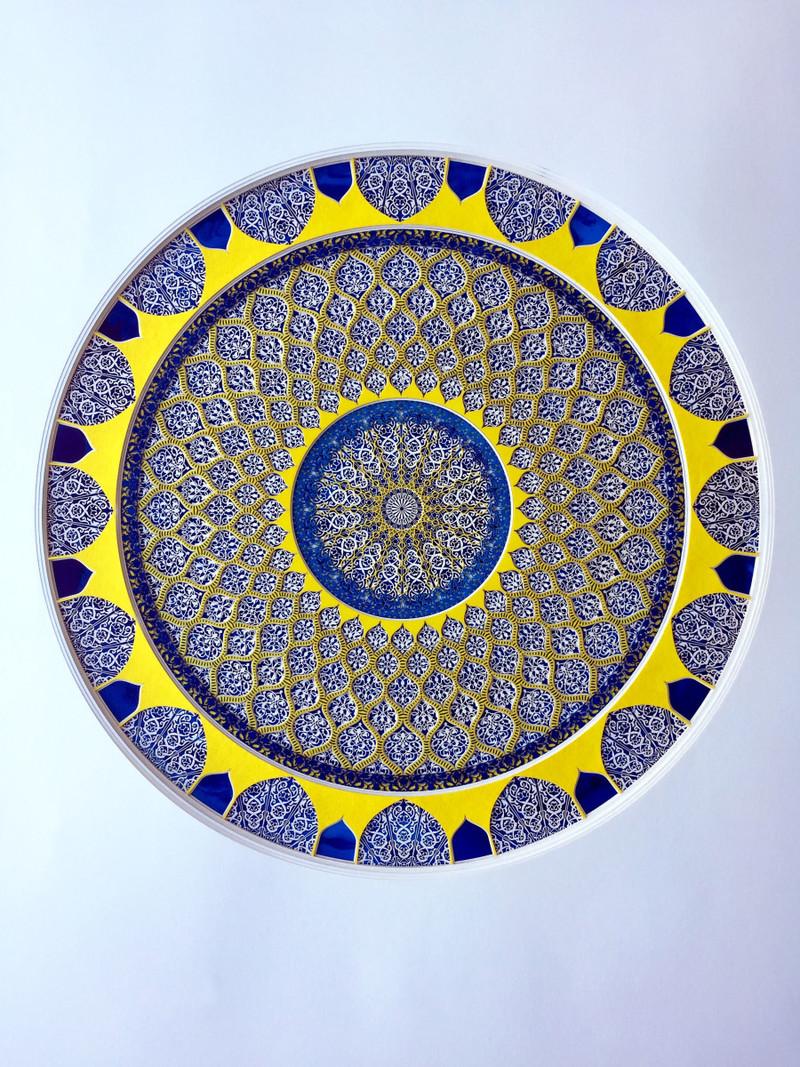 Untitled Etude (Fahan), hand and laser cut paper over mylar ink
Untitled Etude (Fahan), hand and laser cut paper over mylar ink
This is a marathon, not a sprint
The road is very, very long. It takes a lifetime to develop your skill, and anyone who tells you otherwise is just lying. There will be many tears and little gratitude (at first).
People can (and will) be cruel or unconstructive towards you and your work. Grow very thick skin.
Middle fingers are useful when gallery owners, teachers, critics, or other artists are unnecessarily awful. Keep working anyway.
There are no moments of insight or great inspiration (okay, maybe once in a while, but hardly ever); it's about breaking away every day. Learn to feel joy in it.
Learn as much as you can about marketing yourself and your work as soon as possible. Don't rely on anyone else to help you with this.
Get to know the people who collect your work and keep in touch with them. They are part of what makes it all worthwhile.
Enjoy the ride. I hear a lot of people tell me that they were really into art when they were kids but had to give it up for various reasons (and really wish they could do art again). If you have the courage to do the work and post it, be proud of yourself and enjoy it.
@ , @
 author, oil, acrylic, paper on canvas
author, oil, acrylic, paper on canvas
There is no right or wrong, no victory or defeat
When I first started, I thought there was a "right" approach to my art and my art business. It seemed to me that all the artists know the way ... except me. If I could go back in time, I would tell myself that there is no right or wrong way.
Rather, it's about doing things reliable way. If I had known this earlier, I would have been less worried about how my work would be perceived and more confident in my vision for my business.
The art business can be very competitive: whose work is better (art prizes), whose work sells more. It took me a while to take my mind off the noise.
So, I would also tell my fledgling self that competition is the enemy. It is much better to use time to monopolize the space in which you create value.
@, @
 LGBTQ Rights by , Acrylic and spray paint on canvas
LGBTQ Rights by , Acrylic and spray paint on canvas
Being an artist also means being a business owner.
I would like to know how much a working artist today requires you to be a small business professional with an understanding of art market trends.
With the advent of the Internet and social networks, a new wave of interaction between the art world and the artist has come. Artists of all backgrounds, practices, genres, and talents are unfolding in ways that those who came before us could only dream of, but with that unfolding comes a great responsibility on the artist.
A website is a requirement, social media presence is a must, , and the ability to sell art directly is not only possible but desirable, and with that comes the responsibility of understanding the intricacies of the art market.
@
 Shangrilah, Metal photography
Shangrilah, Metal photography
TO MIX
Bit's nice. Always be kind to people, even if they criticize you or just don't respond to your images.
Learn all you can from marketing and . You can have 4,000 brilliant images on your hard drive, but without exposure, they gradually become insignificant.
Ebehave. Never stop learning. Intelligence is the basis of great art. In order to evoke emotions in others, you need to make the viewer question their previous ideas and challenge their established thoughts.
Nnet. Everyone needs a tribe to support.
Ddon't give up...just keep trying.
@
 Awakening Mount Susitna, oil on panel
Awakening Mount Susitna, oil on panel
Minimize administrative tasks and maximize execution time
Draw (or create) more.
I used to spend so much time on busy work that it took a toll on my time at the easel. In hindsight, I had to come up with a way to delegate or outsource my routine work earlier so that my drawing time could be saved or even increased.
For this reason, I recommend that you hire an assistant before you find it necessary. If you wait too long, the situation will already be hectic, and the transition to delegation will be unnecessarily cumbersome. Another sign of waiting too long is that things start to falter as there is less and less time to complete them. It may be dangerous. The expense and time to hire and train an assistant is well worth it. Make plans and start budgeting right now.
@
 Cavity of boundless heartbeats, , Acrylic on yupo
Cavity of boundless heartbeats, , Acrylic on yupo
Develop the business side of things early
When I first started, I didn't really understand the entrepreneurial side of creativity. It was quite a learning process to establish myself as a business along with developing my studio practice and personal vision as an artist.
I highly recommend finding a mentor who can show you the way forward as you go where you are going.
Similarly, I would like to know how important it is to have accurate archives and records.
Years later, when I was founded, I had to enter data for months to catch up. was a life saver for this process, but still it was a ton of work that needed to be done at once.
I would also tell myself to stay positive and know that it is possible to be a professional artist. I received so many discouraging messages that my dream was not possible and it took much longer than I wanted to become a full-time artist. But it is quite possible. It just takes a little ingenuity and hard work.
@
 Echo and silence, graphite and acrylic
Echo and silence, graphite and acrylic
Compare yourself only to your former self
I started in a place where I had very little understanding of the art world and other artists around me. I think if I knew how much talent already exists, I probably wouldn't even start!
At the time, I only compared my work to my previous work, which is a safe place to build confidence.
@
 hybrid power, , Ceramic
hybrid power, , Ceramic
Don't rely on money from your art... at first
Having multiple sources of income other than selling your work is very important when you are just starting out and possibly throughout your career as an artist.
A diversified income stream has allowed me to experiment and do the work I really want to do, not just do the work I know will sell. I found out I'm trying to please everyone who draws what I do is a recipe for not so good things.
It also made me hate making art; I am tired of this.
Create work you truly love and the right buyers will show up over time.
This way, you can stay on your own personal creative path, but at the same time, you can feed yourself and keep a roof over your head with an alternative source of income.
@
 Fringe V2, , brass beads, aluminium, wood
Fringe V2, , brass beads, aluminium, wood
Trust your instincts and your abilities
Your sincere commitment to your practice is the path to becoming a successful artist. It's about trusting your instincts.
These two things plus an up-to-date approach to marketing = success.
A degree in fine arts is not a definitive answer. I know many very talented artists who consider themselves unqualified to call themselves artists because they don't have an MFA. I also know many MFA artists whose work is substandard.
You have it or you don't. Self-confidence is paramount to creative success and creative happiness.
@
 Luminous Blue Variable, Silver Solder, Copper, Ultramarine Pigment Powder
Luminous Blue Variable, Silver Solder, Copper, Ultramarine Pigment Powder
Do more work
The standard logic behind this advice is that working in large numbers will relax you and you will end up making more money. good job.
And that's true, but I've also found that when I speed up my workflow, I'm not as emotionally attached to the final product. Each application for participation in the gallery or residence is not like a personal referendum about me as an artist. When rejection inevitably comes, I find it easier to continue when I can say to myself, “Oh, but this is still old work.”
@
 from , Glass
from , Glass
Keep walking in the face of rejection
After nearly two decades as an artist, I'm still learning a lot, and there's a lot I don't even know that I don't know yet. Perhaps most important, however, is the ability to keep going in the face of rejection or people who don't respond to and don't like my work.
After putting everything I have into my work, I assume that others will be connected to it and want it, whether they are gallery owners, collectors or curators.
The competition is tough, the rejection rate is exponentially higher, and we have to be okay and not get confused. Or at least be able to bounce back from disappointments and keep moving forward.
@
 Bird on a pomegranate (3 mad swallows attached to a pin), carbon black and acrylic on panel
Bird on a pomegranate (3 mad swallows attached to a pin), carbon black and acrylic on panel
Commitment is everything
I would tell myself to devote all my time to my art; work towards your goals full time, stay on track and stay focused.
When I was a teenager, I was a big fan of Dali and one of his quotes was: "No masterpiece has ever been created by a lazy artist." It's always stuck in my head.
@
 . . Oil on canvas
. . Oil on canvas
Put in the clock and push hard
What I would like to know as an aspiring artist is that rejection is just part of the profession. You have to be willing to accept a lot of "no" in order to finally get a "yes". Perseverance is key, and it's important not to take these rejections too seriously or personally. Keep moving forward!
Your work will continue to improve as you continue to practice your art and put in hours. I received advice from a college art professor who has stayed with me to this day. He encouraged me to just come to the studio, even if I didn't feel very inspired to work.
Usually, after being in the studio for an hour or so, I found myself immersed in my art.
@
 , Oil on linen
, Oil on linen
Don't expect to get serious about art.
Do not be afraid. Be more willing to take risks. Be confident and believe in yourself. Develop and explore your creativity and improve your skills.
I put off serious pursuit of my art for 18 years. After art school, I was a bit lost and unsure of who I was. I traveled and started my business career working for an organization in New York. Although I have acquired many skills and matured, in the last few years of my business career I have been desperate to devote more time to my art. I didn't know how to go through this journey on my own, so I turned to a creative and life coach for help and eventually decided to get my MFA at 40.
I would tell my young self to find a mentor or creative coach that you can learn from. And save money when you have it! Finally, and perhaps most importantly, set your goals and approach your art career with a business mindset.
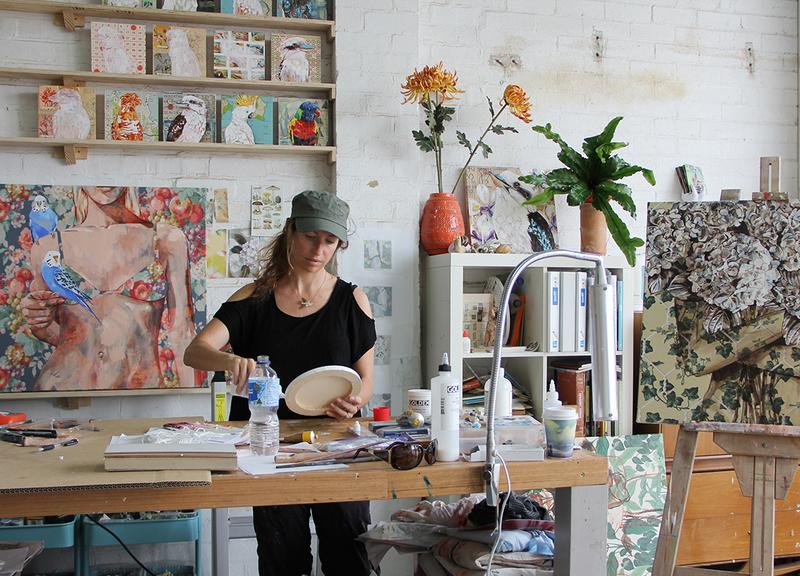
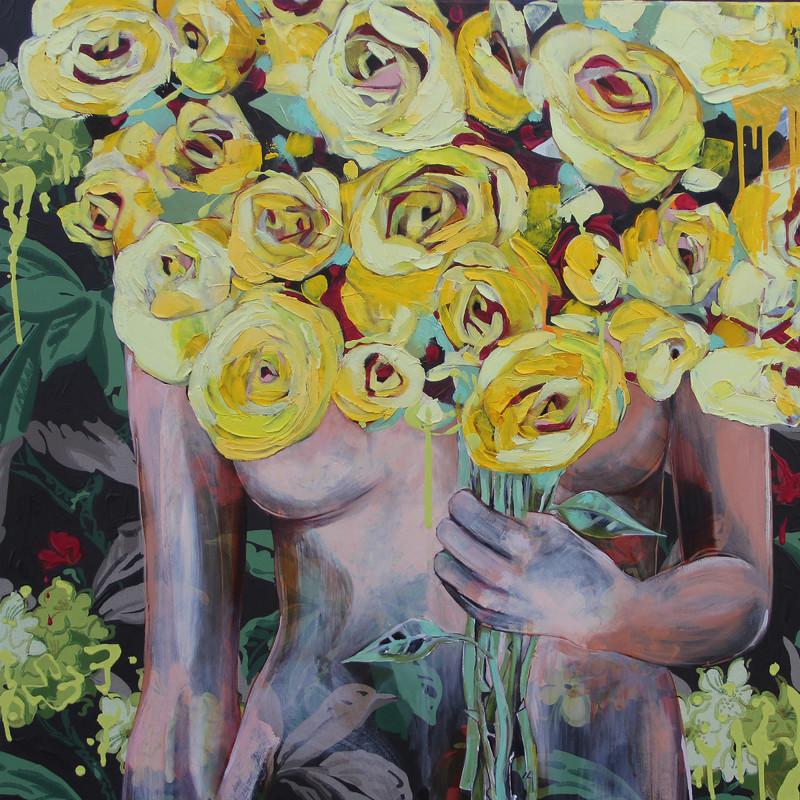 author, oil, acrylic, paper on canvas
author, oil, acrylic, paper on canvas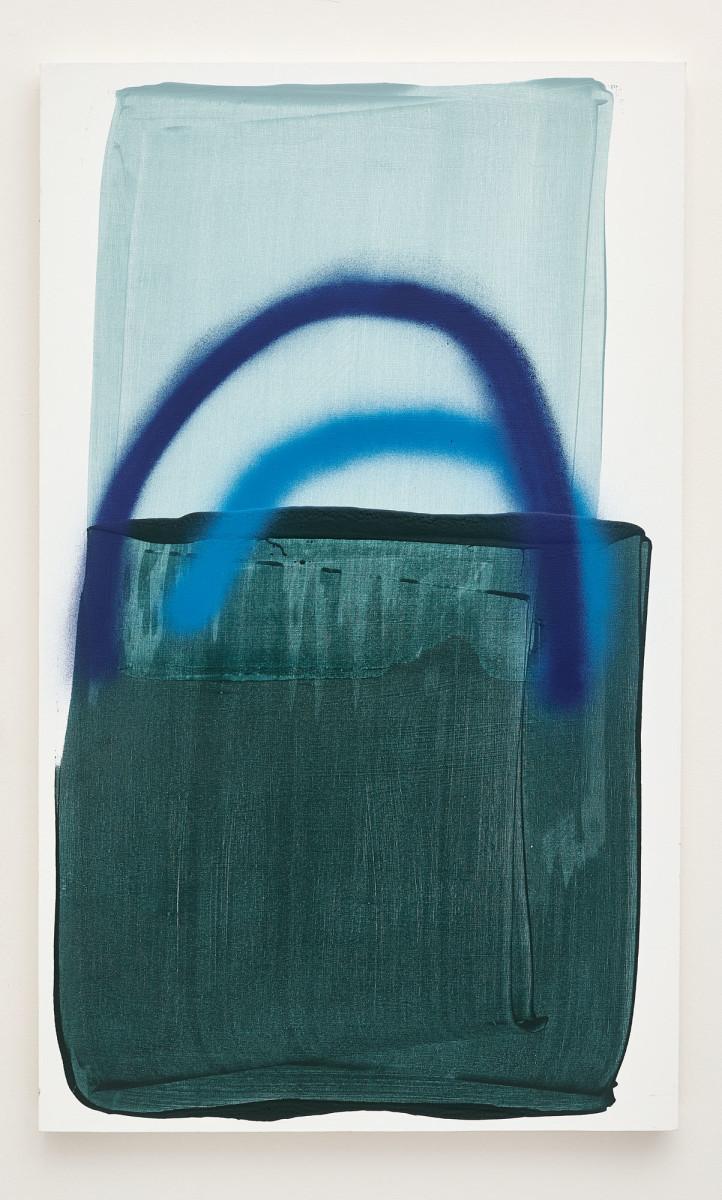 LGBTQ Rights by , Acrylic and spray paint on canvas
LGBTQ Rights by , Acrylic and spray paint on canvas
 Awakening Mount Susitna, oil on panel
Awakening Mount Susitna, oil on panel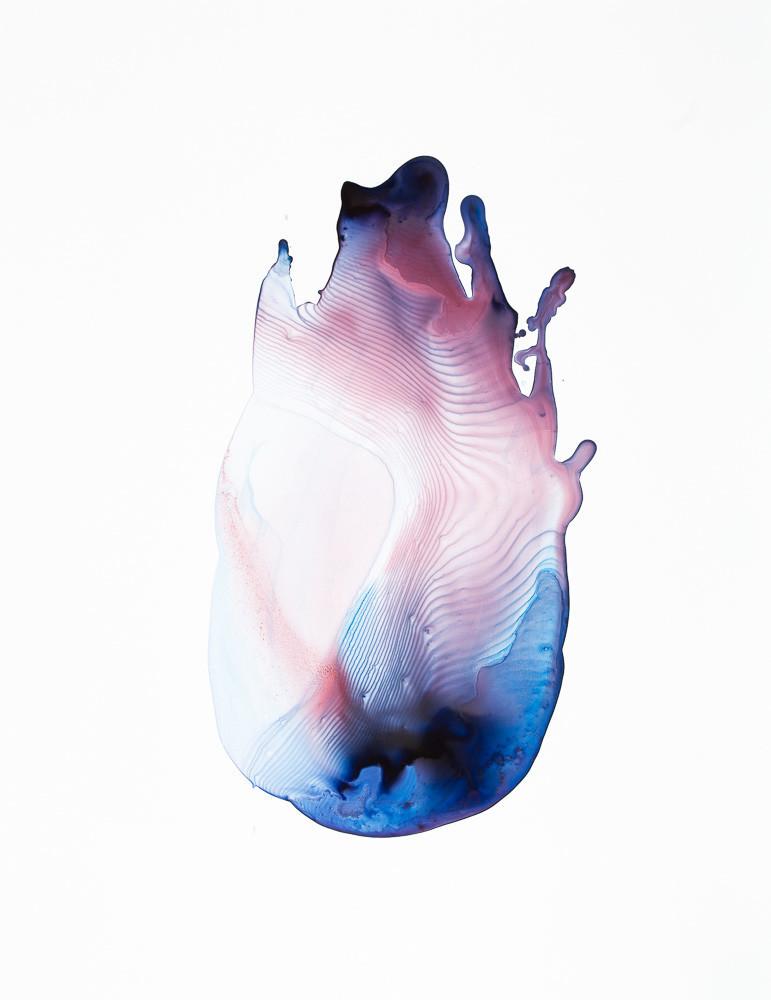 Cavity of boundless heartbeats, , Acrylic on yupo
Cavity of boundless heartbeats, , Acrylic on yupo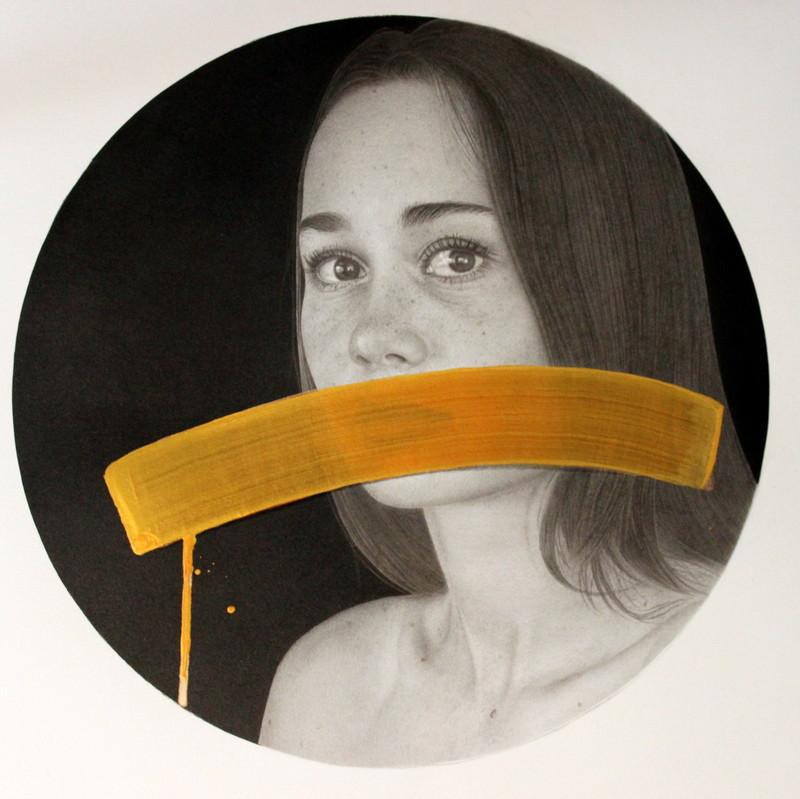 Echo and silence, graphite and acrylic
Echo and silence, graphite and acrylic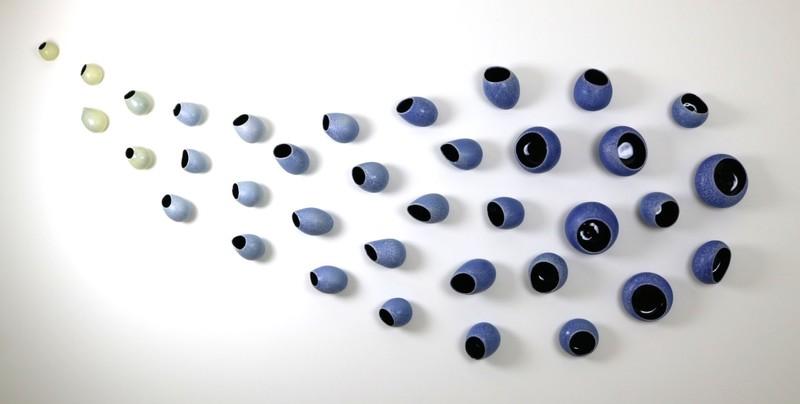
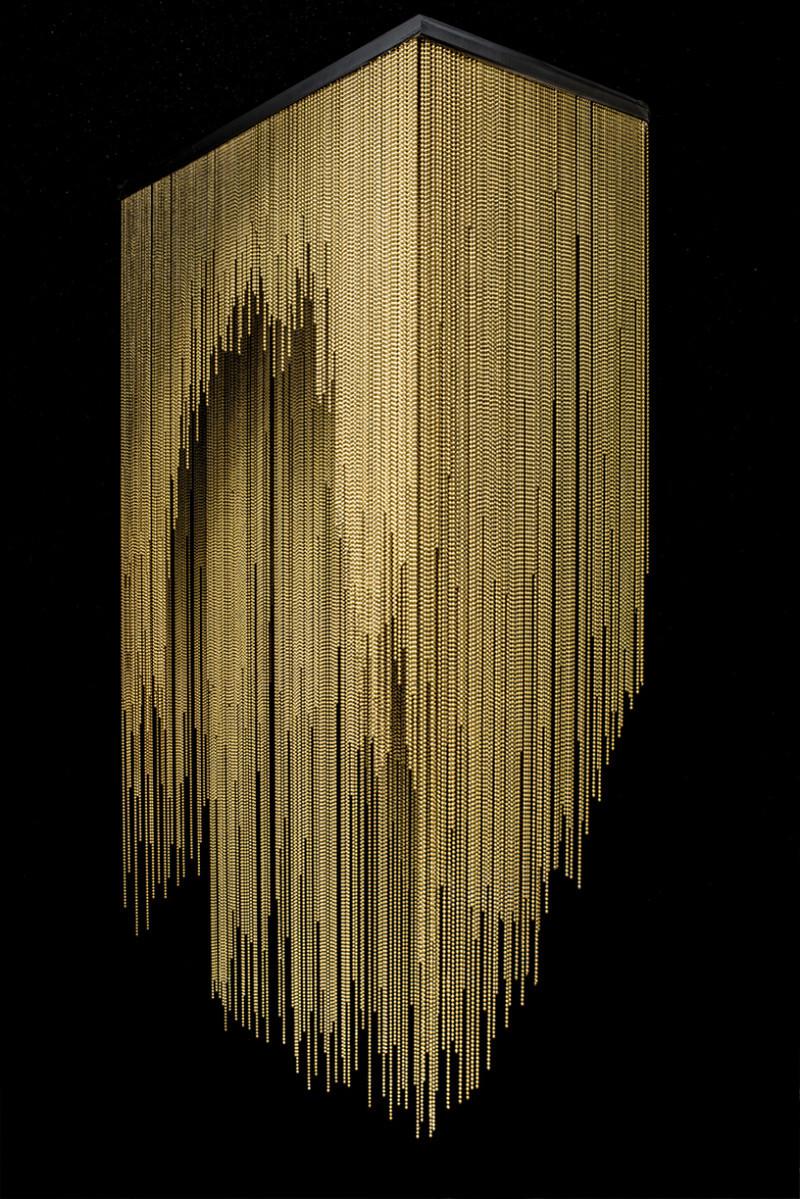
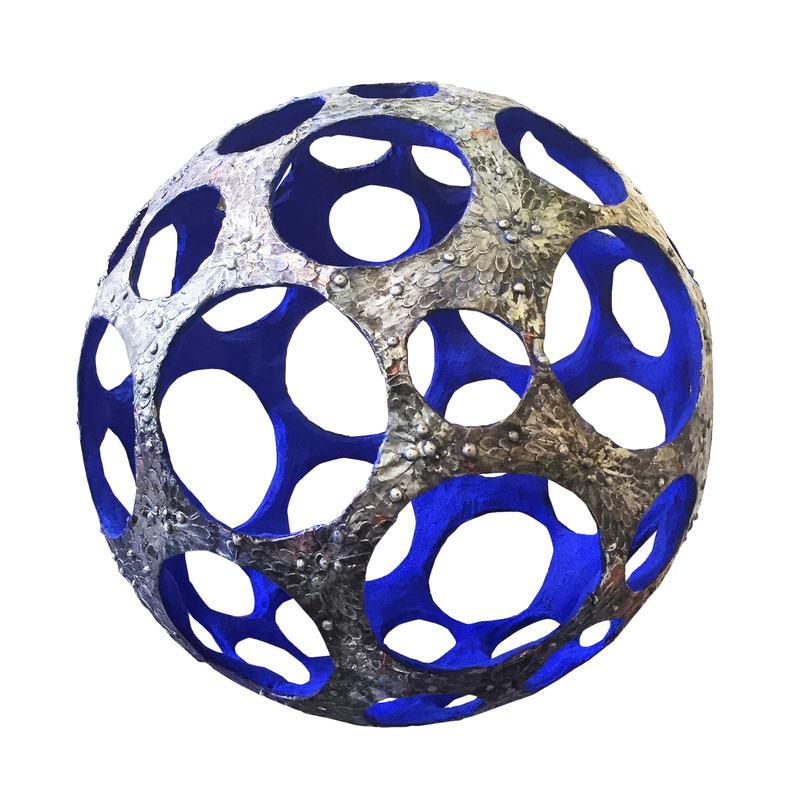 Luminous Blue Variable, Silver Solder, Copper, Ultramarine Pigment Powder
Luminous Blue Variable, Silver Solder, Copper, Ultramarine Pigment Powder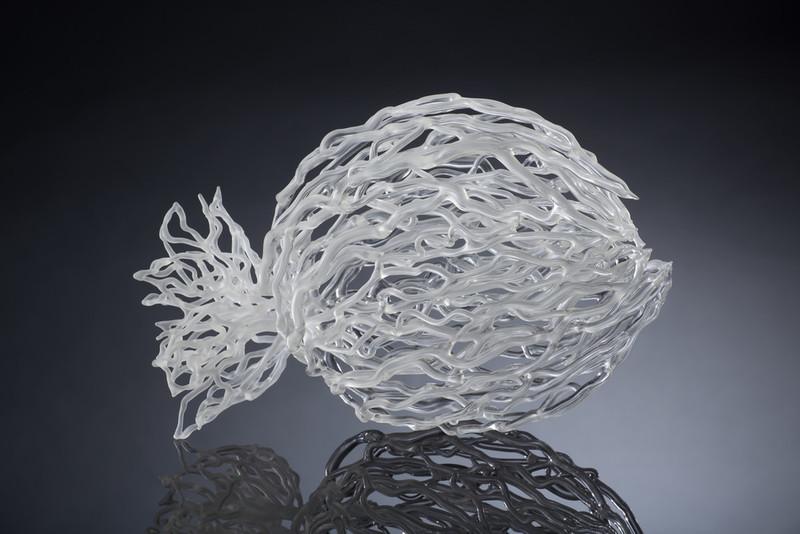 from , Glass
from , Glass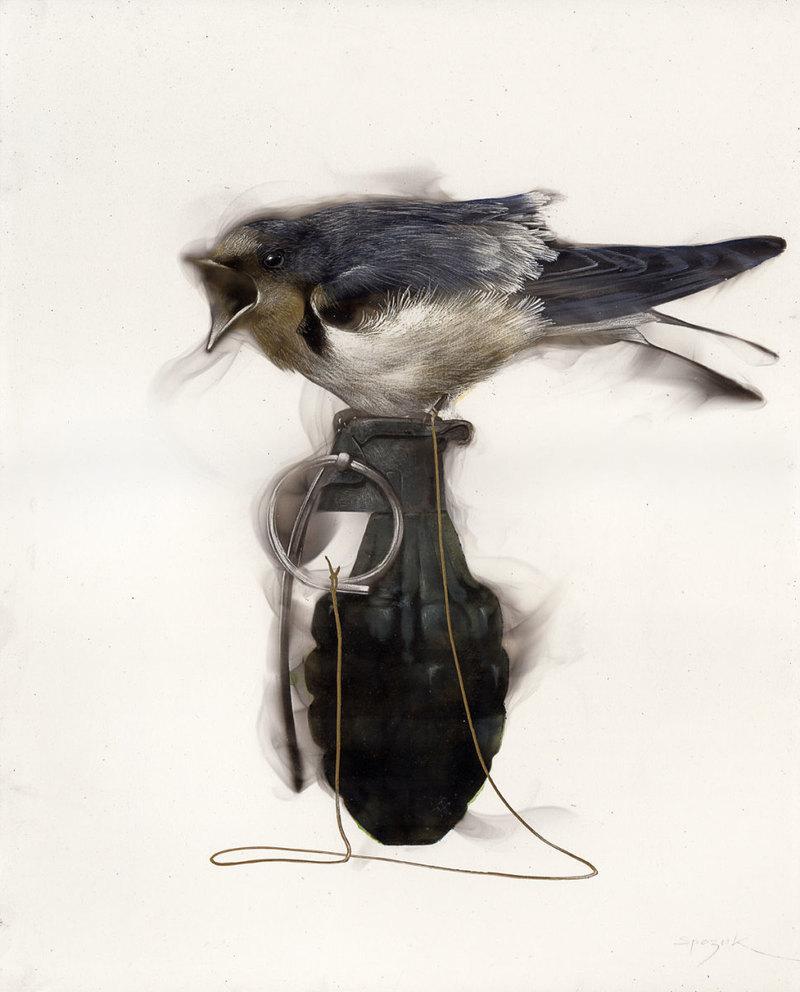 Bird on a pomegranate (3 mad swallows attached to a pin), carbon black and acrylic on panel
Bird on a pomegranate (3 mad swallows attached to a pin), carbon black and acrylic on panel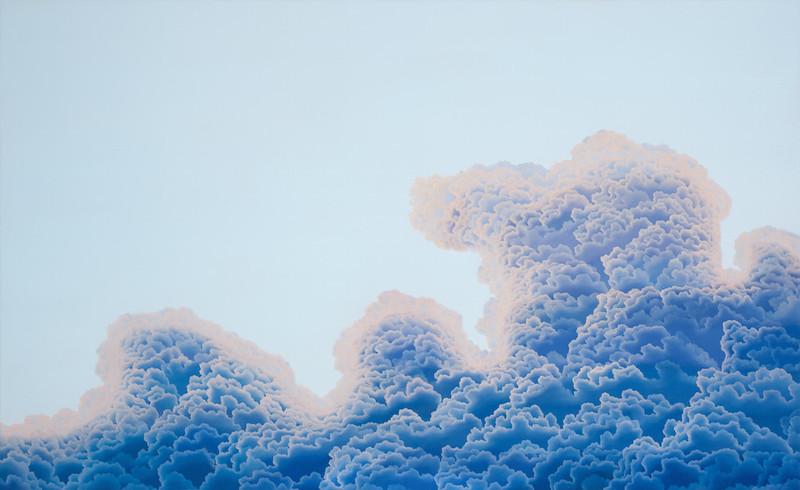
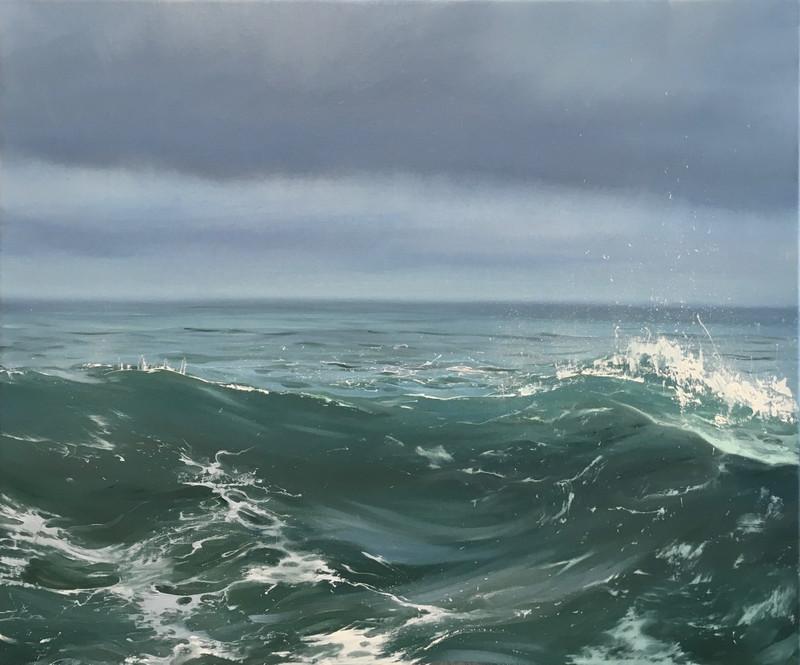 , Oil on linen
, Oil on linen
Leave a Reply